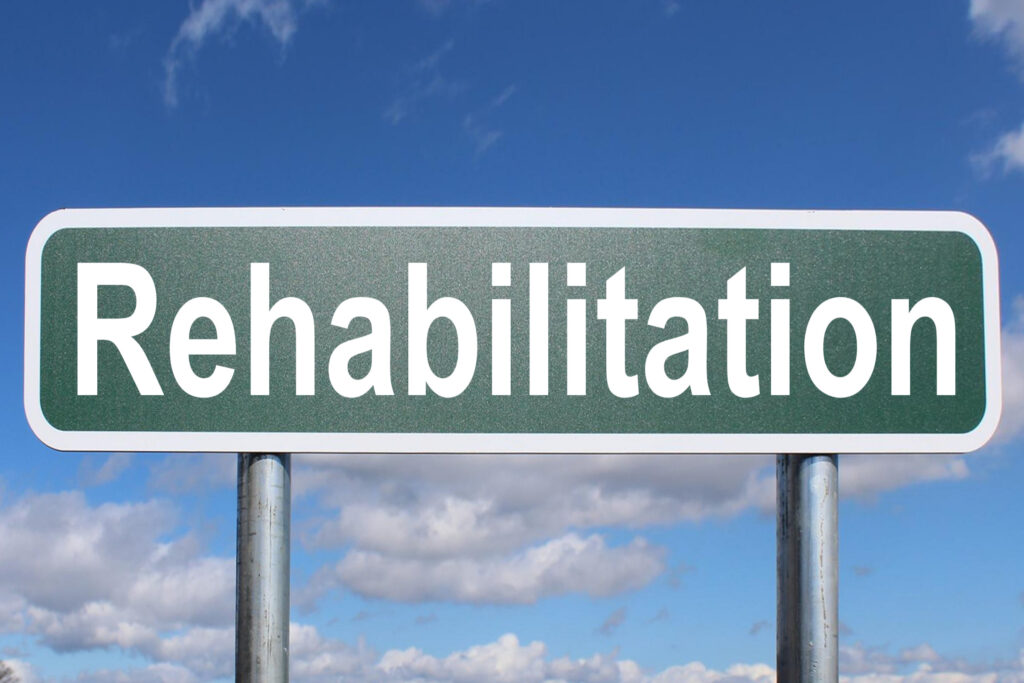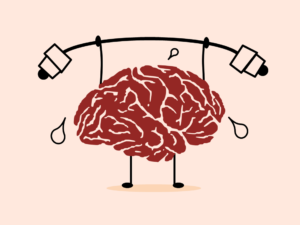Rehabilitation Process – Rehabilitation is a comprehensive process aimed at restoring individuals to their highest level of functioning and independence after experiencing illness, injury, or other life-altering events. It encompasses various aspects of physical, mental, and emotional well-being, providing individuals with the tools and support they need to rebuild their lives.
Types of Rehabilitation

Physical Rehabilitation
Physical rehabilitation focuses on restoring physical function and mobility. It is often utilized after injuries, surgeries, or medical conditions that affect movement and strength. Physical therapists design personalized treatment plans that may include exercises, manual therapy, and the use of assistive devices to improve flexibility, strength, and coordination.
Mental Health Rehabilitation
Mental health rehabilitation aims to support individuals coping with mental health disorders such as depression, anxiety, schizophrenia, or bipolar disorder. It involves a combination of therapy, medication management, and psychosocial interventions to enhance coping skills, promote emotional stability, and improve overall quality of life.
Substance Abuse Rehabilitation
Substance abuse rehabilitation is geared towards individuals struggling with addiction to drugs or alcohol. It typically involves detoxification to rid the body of harmful substances, followed by therapy and support groups to address underlying issues contributing to addiction and develop strategies for relapse prevention.
Key Components of Rehabilitation
The rehabilitation process typically includes several key components:
Assessment and Evaluation
Before initiating rehabilitation, healthcare professionals conduct thorough assessments to evaluate the individual’s physical, mental, and emotional status, as well as their functional abilities and support systems. This information helps in developing tailored treatment plans.
Goal Setting
Collaboratively setting goals is an essential part of the rehabilitation process. Goals should be specific, measurable, achievable, relevant, and time-bound (SMART), providing individuals with clear milestones to work towards and motivation to progress.
Treatment Planning
Based on the assessment findings and established goals, multidisciplinary teams develop comprehensive treatment plans that address the individual’s unique needs. These plans may include a combination of therapies, interventions, and support services.
Therapy and Interventions
Rehabilitation often involves various forms of therapy, including physical therapy, occupational therapy, speech therapy, and counseling. These interventions aim to improve functional abilities, enhance independence, and facilitate adaptation to changes in circumstances.
Challenges in Rehabilitation
While rehabilitation can be highly beneficial, it is not without its challenges:
Patient Compliance and Motivation
Some individuals may struggle with adherence to treatment plans due to factors such as lack of motivation, fear of failure, or limited understanding of the importance of rehabilitation. Addressing these barriers requires ongoing support and encouragement from healthcare providers and support networks.
Resource Limitations
Access to rehabilitation services may be limited by factors such as geographic location, financial constraints, or inadequate healthcare infrastructure. Efforts to expand access and address disparities are crucial for ensuring equitable care for all individuals in need.
Stigma and Societal Barriers
Stigma surrounding disability, mental illness, or substance abuse can hinder individuals from seeking or receiving the support they need. Education, advocacy, and destigmatization efforts are essential for creating inclusive environments that promote acceptance and support.
Success Stories
Despite the challenges, countless individuals have achieved remarkable success through rehabilitation. From learning to walk again after a spinal cord injury to managing symptoms of a mental health disorder and maintaining sobriety, these stories highlight the resilience and determination of the human spirit.
The Role of Caregivers and Support Networks
Family members, friends, and healthcare professionals play a crucial role in the rehabilitation journey. Their support, encouragement, and guidance can significantly impact an individual’s progress and overall well-being. Building strong support networks and accessing community resources are essential for long-term success.
Measuring Progress and Outcomes
Regular monitoring and evaluation are essential for tracking progress and adjusting treatment plans as needed. Healthcare professionals utilize various assessment tools and outcome measures to quantify improvements in function, quality of life, and overall well-being.
Innovations in Rehabilitation
Advancements in technology, such as virtual reality therapy, robotic exoskeletons, and neurorehabilitation techniques, are revolutionizing the field of rehabilitation. These innovations offer new possibilities for enhancing outcomes and improving the efficiency of care delivery.
Cost and Accessibility
Despite the benefits of rehabilitation, cost and accessibility remain significant barriers for many individuals. Addressing these issues requires a multifaceted approach, including advocacy for insurance coverage, expansion of community-based services, and investment in preventive care.
Holistic Approach to Rehabilitation
A holistic approach to rehabilitation recognizes the interconnectedness of physical, mental, and emotional well-being. By addressing the whole person and promoting overall health and wellness, rehabilitation efforts can yield more sustainable and meaningful outcomes.
Empowering Individuals
Central to the rehabilitation process is the empowerment of individuals to take an active role in their own care and recovery. By fostering self-efficacy, resilience, and a sense of purpose, rehabilitation empowers individuals to reclaim their lives and pursue their goals with confidence.
Conclusion
Rehabilitation is a transformative journey that empowers individuals to overcome challenges, rebuild their lives, and realize their full potential. By addressing physical, mental, and emotional needs holistically and fostering support networks, rehabilitation offers hope and healing to those in need.
FAQs (Frequently Asked Questions)
- How long does the rehabilitation process typically last?
- The duration of rehabilitation varies depending on the individual’s needs and goals. Some may require weeks or months of intensive therapy, while others may benefit from ongoing support and maintenance.
- Is rehabilitation covered by insurance?
- Many insurance plans provide coverage for rehabilitation services, but the extent of coverage may vary. It’s essential to check with your insurance provider to understand your benefits and any out-of-pocket costs.
- What role do family members play in the rehabilitation process?
- Family members often play a crucial role in providing support, encouragement, and assistance during the rehabilitation process. Their involvement can significantly impact an individual’s progress and overall well-being.
- Are there alternative therapies available for rehabilitation?
- Yes, there are various alternative therapies and complementary approaches that may complement traditional rehabilitation methods. These include acupuncture, yoga, art therapy, and mindfulness practices.
- How can I support a loved one going through rehabilitation?
- Supporting a loved one during rehabilitation involves offering encouragement, actively listening, and assisting with practical tasks as needed. It’s essential to respect their autonomy and involve them in decision-making whenever possible.



